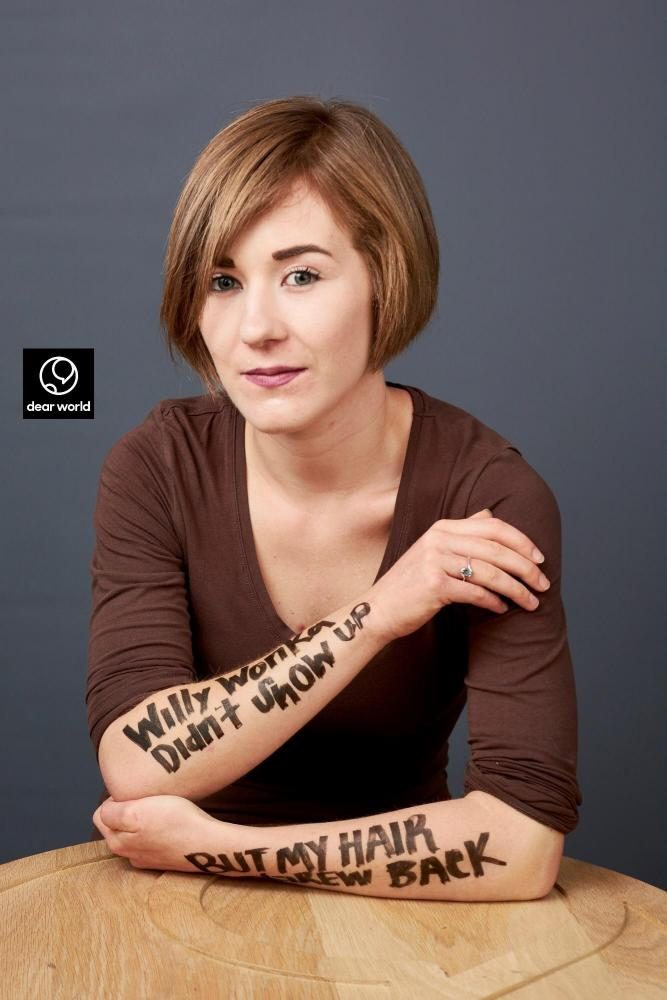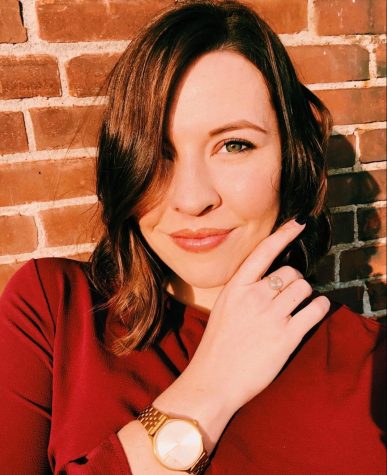The concept for Dear World began in 2009 in the wake of Hurricane Katrina in New Orleans. Residents of the city wrote ‘love letters’ to their city.
At the beginning of the project, one man changed it all. He asked if he could do something different for the project. He came back with tears in his eyes and his wife exposed his bare chest with the words “Cancer free” written in black ink. This changed the project in a way nobody could have expected.
Since then the project has globalized, inviting people to take portraits as a way to start conversations and tell personal stories.
Since its start in 2009, Dear World has photographed more than 50,000 people from all over the world.
“We have stories of love and loss and joy and grief but it’s all beautiful because it’s part of the human experience,” said Katie Greenman, a Dear World storyteller and photographer.
Sophomore business economics major Justin Agyemang came to the event with an open mind. “I had no idea what to expect,” he told the Journal. By the end of the program, he felt passionate about the message he chose to share with the world. He wrote, “I never took it seriously” across both arms for his portrait. “This is a message I need to let out” said Agyemang.
On Tuesday, the Dear World team held an event for Suffolk students in the Tremont Temple. They shared portraits and stories of the people they have met since beginning their project as well as how far the project has reached. Dear World has photographed survivors of the Boston Marathon bombing, Syrian refugees, and survivors of the Pulse nightclub shooting.
“There are so many important things in this world and community is one of them. After the Pulse nightclub shooting, the Orlando community came out and love poured in” said Katie Greenman with The Journal.
After the initial presentation, four Suffolk students were invited to take to the stage and speak about the message they wrote on their skin and the story behind it. Charlotte Cole, a senior psychology major was one of these speakers. The message written across her skin read, “Willy Wonka never showed up, but my hair grew back.”
Cole explained the story of how she had gone into surgery for a routine procedure to remove a bump on her eye that persisted despite treatment. When she awoke from the anesthesia, she was devastated that Willy Wonka was not there to visit her.
“As I cried over Mr. Wonka’s absence, my parents cried in the room next door as they learned that I had cancer.”
When Cole was first asked to speak at the event, she was hesitant.
“I was so surprised, I thought I would be too scared to get up there and share my story, but then I realized that everyone in here has one that we can learn from. It would be a disservice for me not to share mine and to expect others to share theirs,” said Cole.








